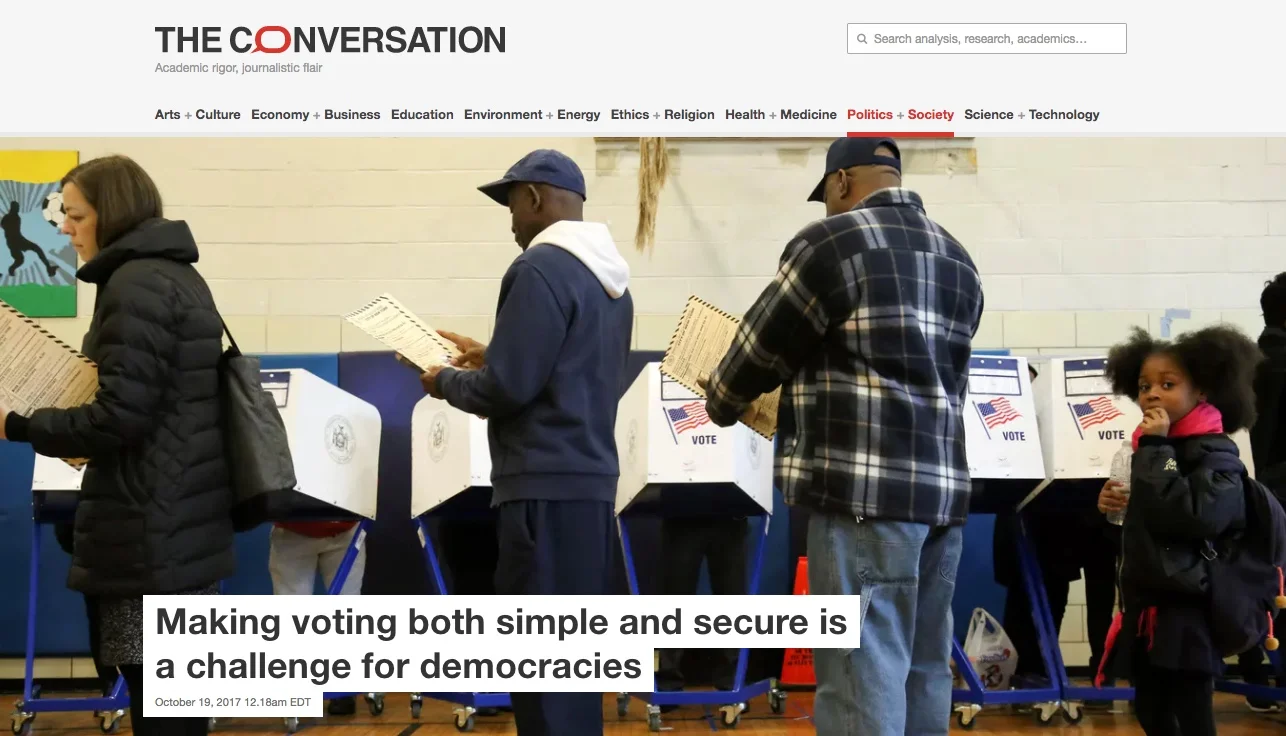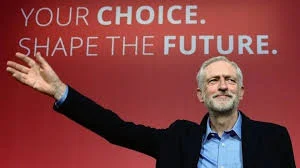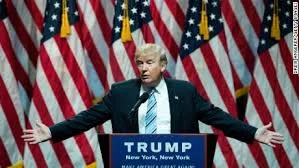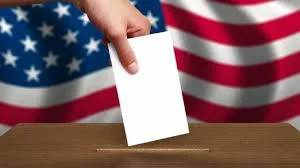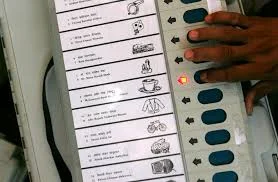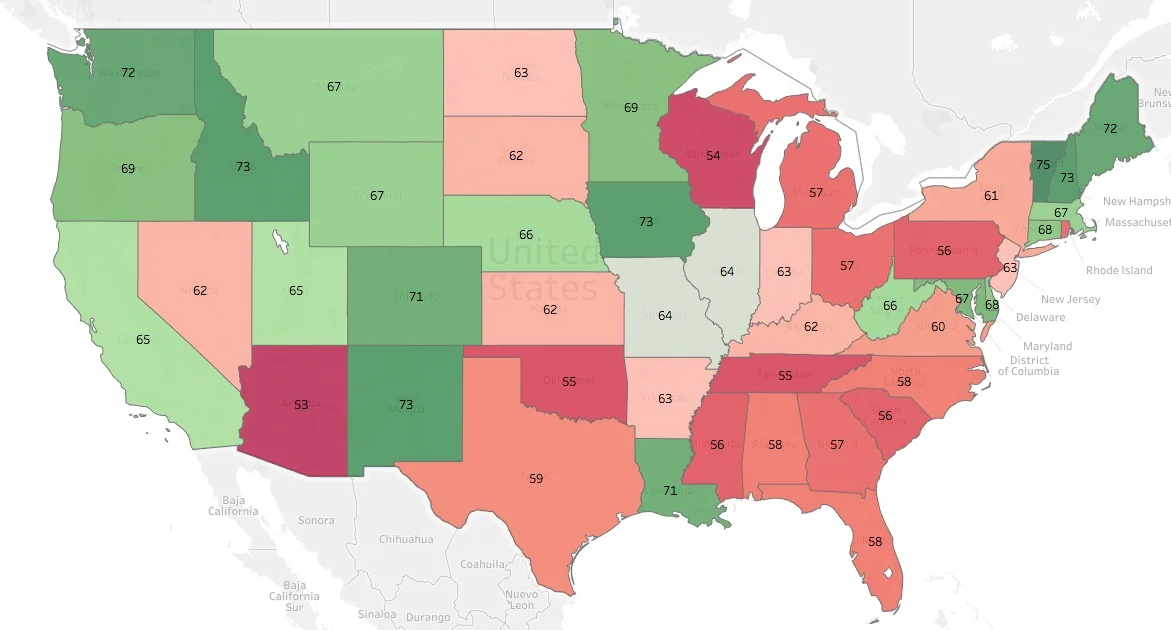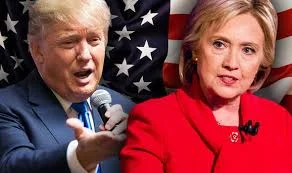The transition from war to peace is a long and often complicated process involving a number of components that range from the disarmament, demobilization, and reintegration (DDR) of former combatants to agreements on the form and structure that national (and local) governments will take after the conflict.
Making voting both simple and secure is a challenge for democracies
Recent elections around the world have raised concerns about the procedures used for voter registration and their potential consequences. This article by Norris, Cameron and Wynter presents the results of the EIP Perceptions of Electoral Integrity survey evidence concerning the quality of these procedures in 161 countries that held 260 national elections from January 1 to June 30, 2017. The study concludes that it’s critical to strike the right trade-off between making registration accessible and making it secure.
Trump’s Global Democracy Retreat
Why the younger generation of Corbysandistas?
Across the pond, one of the most remarkable developments in recent elections has been the propensity for younger citizens not only to vote – and also to cast ballots in massive numbers in support of older socialist leaders advocating left-wing economic policies last fashionable during the 1970s. What explains this?
Populism, RIP?
Is the rising time of populism stalled? It is apparent that headline reports joyfully proclaiming the death of populism are premature. The results in a series of recent European elections suggest that voting support for this phenomenon is growing, due to a cultural backlash, even if leaders fail to win office, and support is unlikely to diminish as a long-term trend.
Populist threats to electoral integrity
Could massive voter fraud have occurred in the 2016 U.S. presidential election?
U.S. elections rank last among all Western democracies
Can states be ranked in electoral integrity? This blog discusses the methods used by the Electoral Integrity Project and presents new evidence that the cross-national estimates it generates display considerable external validity when compared with the results of another independent study, the Varieties of Democracy project based at the University of Gothenburg. In both, well before the 2016 election, it is striking that the US ranks last in the quality of national elections among all Western democracies.
The performance of Indian states in electoral integrity
India, the largest democracy in the world, periodically conducts massive electoral exercises, which are often successful yet several problems have been reported, including electoral violence, lapses in voter registration, unequal access to finance and media. How do Indian states vary in their electoral performance? And what explains these differences?
Why don't most Americans vote? Maybe they don't trust U.S. elections
Widespread belief that elections are rigged or stolen may seriously damage democracy. Did problems of electoral integrity deter turnout? This new study finds a significant link between the quality of elections in each state, as evaluated by experts, and levels of voter turnout. The report was published in the Monkey Cage/Washington Post on 26th Dec 2016.
Why it’s not about election fraud, it's much worse.
Ever since Bush v. Gore in 2000, the way that American elections are run has become increasingly partisan and contentious. The 2016 elections ratcheted up the record number of complaints by all parties. New evidence from the EIP project compares the performance of U.S. states in the 2016 elections based on the first results of an expert survey.
Trump wins
Election night in America was stunning. The outcome may be catastrophic and transformative for America and the world. The pundits and pollsters consistently reported throughout the long, long US campaign that Hillary Clinton was in the lead in the popular vote, estimated across the average of most national polls. What explains the outcome?
Challenges of crime and violence in Mexican Elections
The rise of Populist Authoritarianism across the West
Many American commentators have had trouble understanding the rise of Donald Trump. How could such a figure surge to become the most likely standard-bearer for the GOP – much less have any chance of entering the White House? Yet Trump is part of a far broader phenomenon with the rise of populist authoritarianism across the West.





